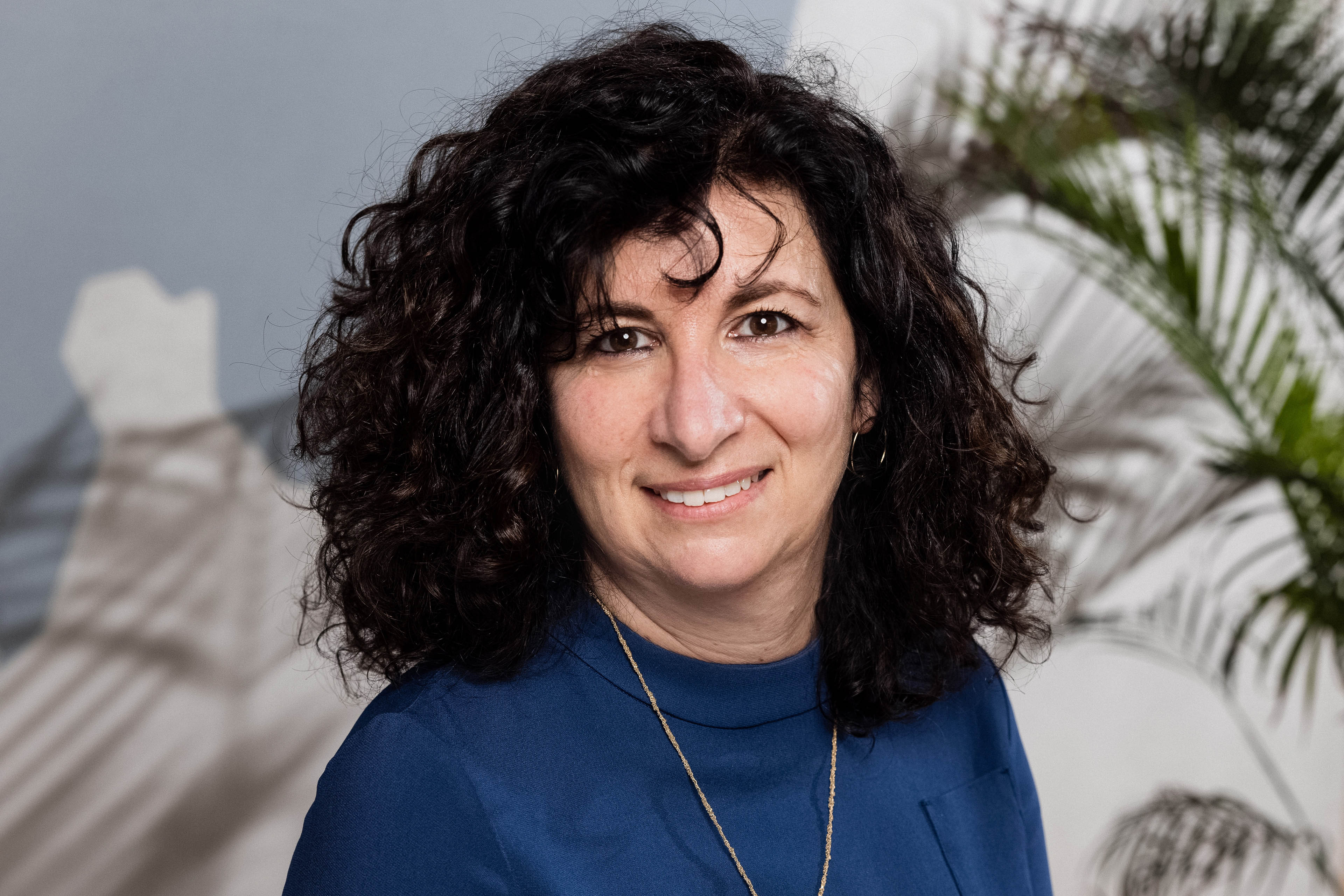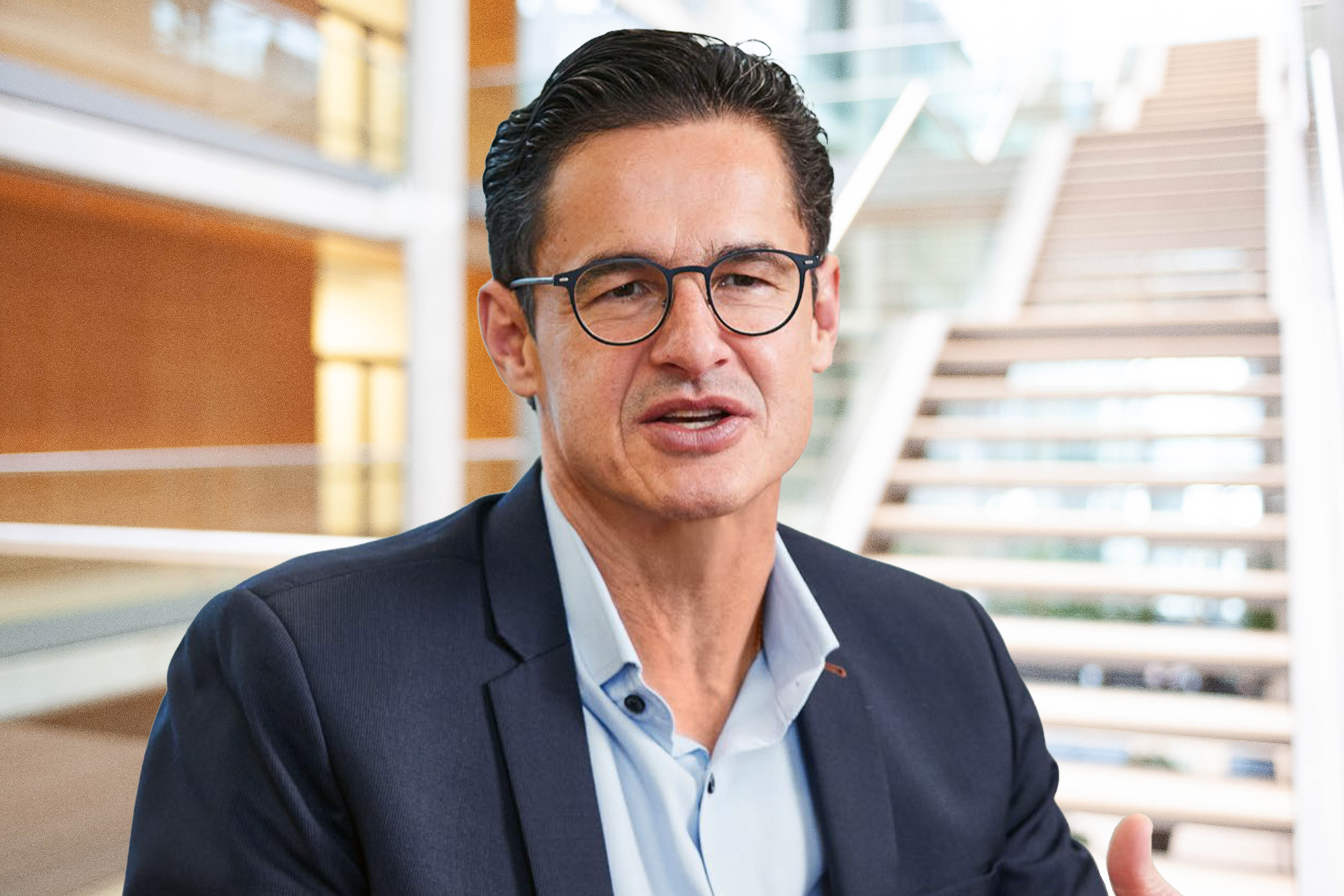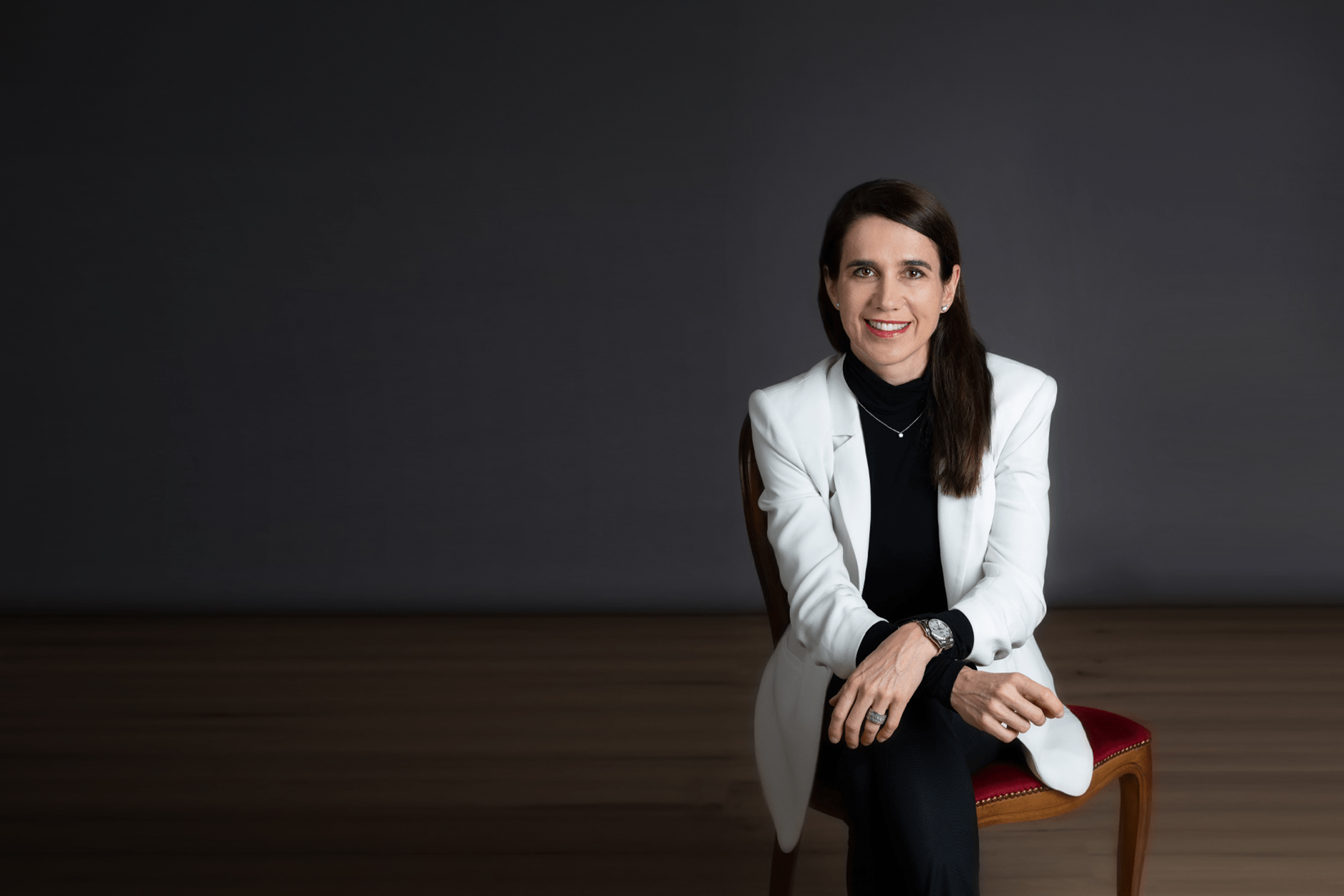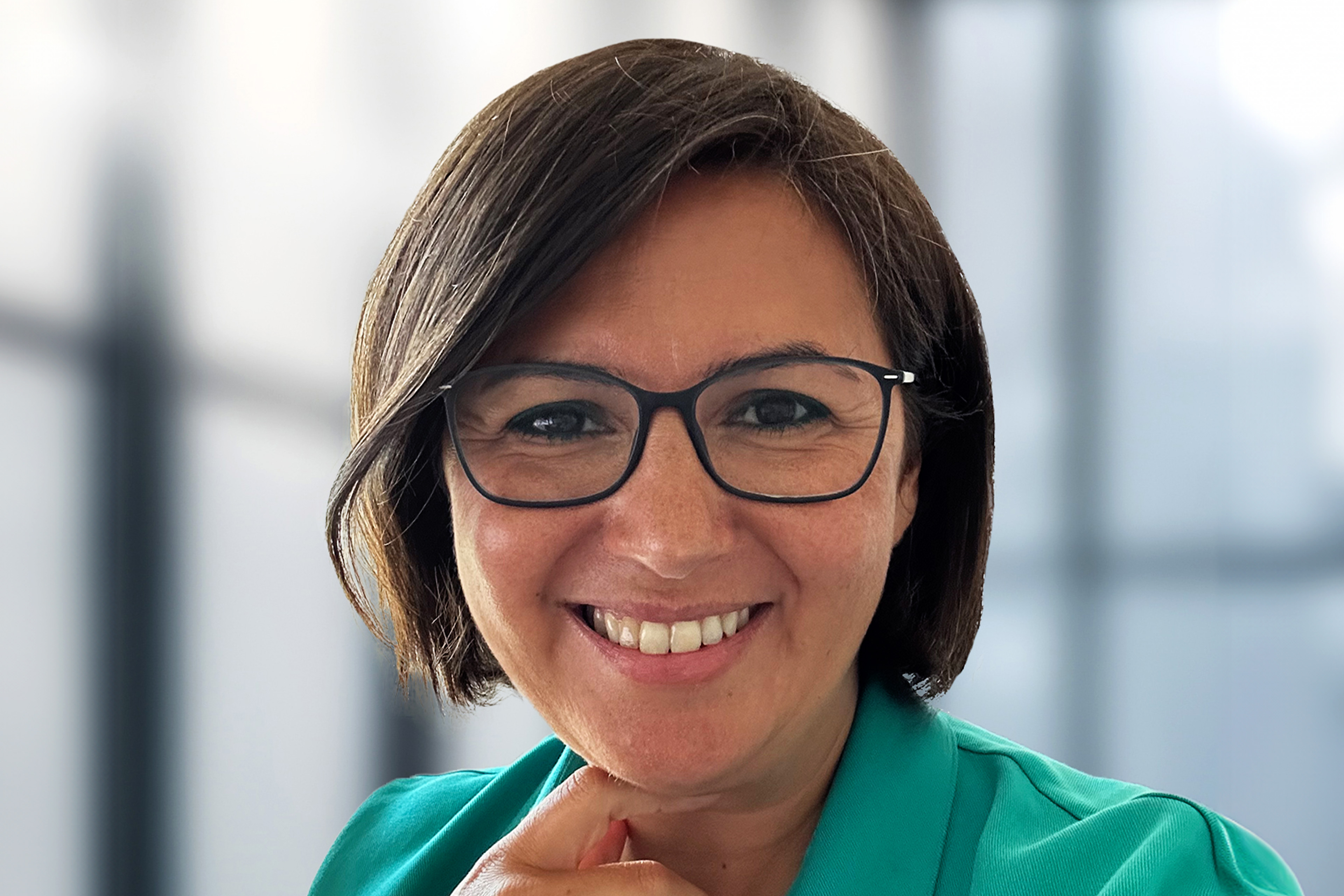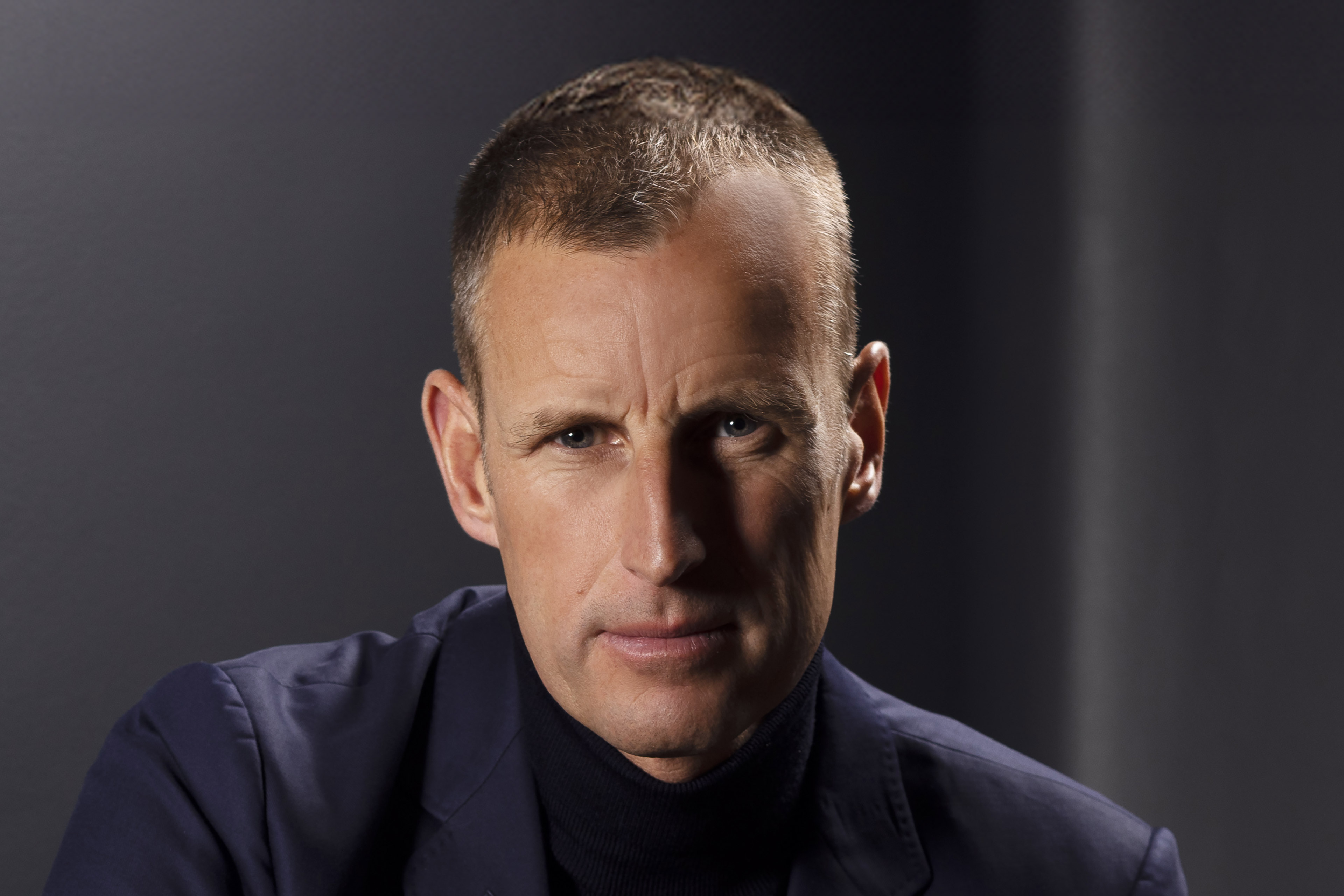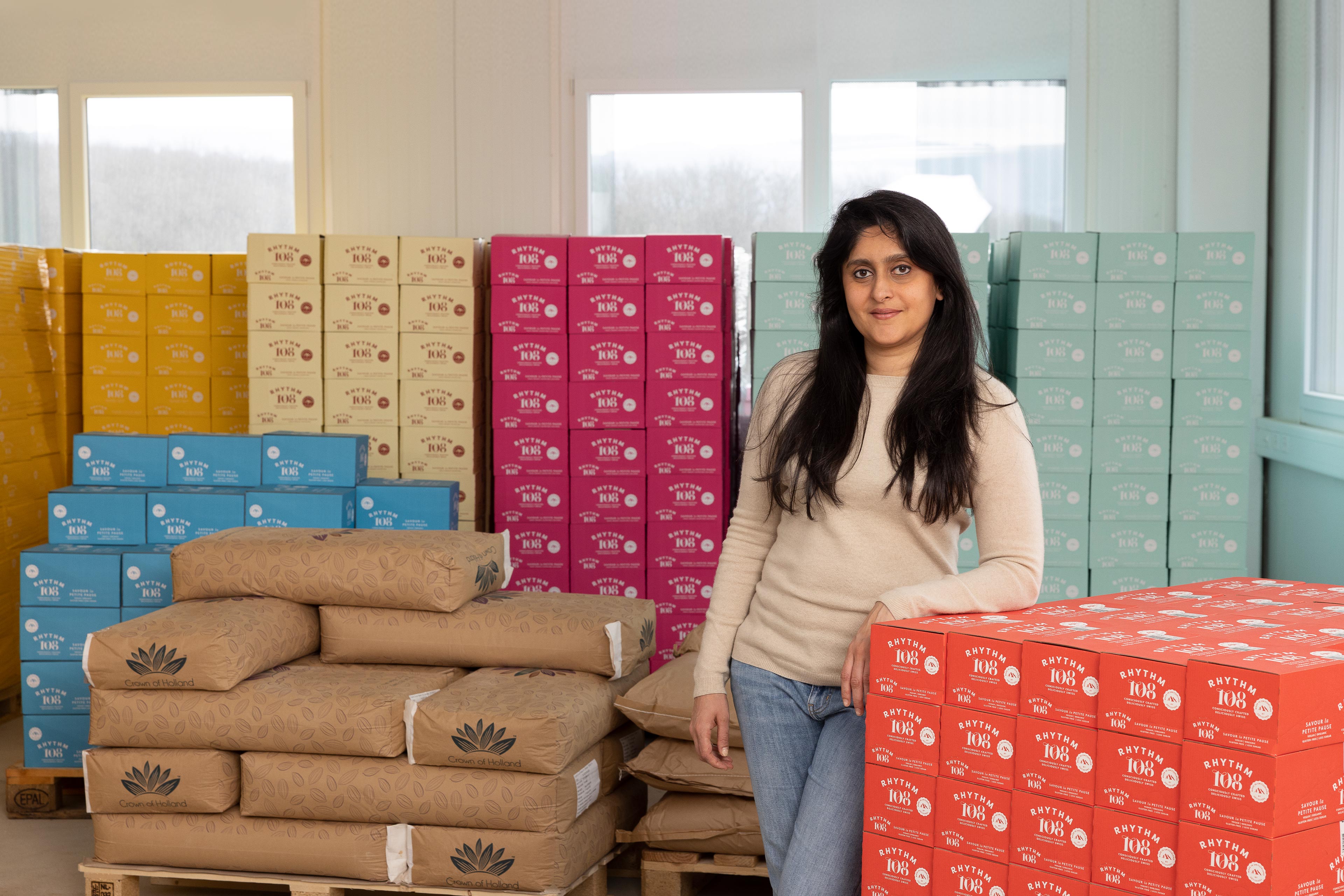EY refers to the global organization, and may refer to one or more, of the member firms of Ernst & Young Limited, each of which is a separate legal entity. Ernst & Young Limited is a Swiss company with registered seats in Switzerland providing services to clients in Switzerland.

“Tax has an important role to play in the transformation to a more sustainable world
Thomas Fürer
Thomas Fürer has served ABB for 22 years, including 14 years in his current role as Group Head of Tax. A Certified Swiss Fiduciary Expert and Certified Swiss Tax Expert, he takes a keen interest in technology and digitalization in the tax function and beyond.
Thomas Fürer, Group Head of Tax at ABB, welcomes the shift to digital tax administration. He explains how digitalization in tax will add value, contribute to sustainability and become the new normal in the tax department.
ESG is changing so many aspects of our lives and the way we do business. Has it reached the tax department yet?
So far, sustainability proponents have – rightly in my view – focused on ESG and specifically on the “E”: pollution, climate change, clean water, biodiversity and circularity. But today the sustainability spectrum is wider than ESG. Sustainability and transparency have become part of our lives. It is a competitive advantage. And ultimately, it comes down to trust: doing the right things for the company, for society – and including everyone. I believe tax illustrates nicely the goal of building trust and transparency. We have regulations around Country-by-Country Reporting, Code of Conduct, tax transparency reports and so on. At the same time, we’re building a new global tax norm with BEPS 2.0 and a minimum taxation of 15%, future tax competition and the Forum of Harmful Tax Practices. There’s lots going on.
What does that mean for companies and how should boards prepare?
Boards should seriously consider whether they want to take a proactive role in shaping tax for a digital and sustainable journey. And they’ll need to make choices accordingly: mandatory or voluntary disclosure, the impact on current policies, risk controls and strategies.
Much more tax data will become publicly available, and shared norms will make it more comparable between companies. I see this increased comparability of data as a positive development. Tax will become increasingly important in the sustainability discussion because of the data that it generates. It means governance, processes and KPIs need to be in place and it has to be auditable. Tax has an important and active role to play in the transformation to a more sustainable world.
There are many aspects for the board and tax leadership to consider in this new role, but it basically comes down to practicing tax integrity and being willing to adhere to tax law and society’s own unwritten rules. That means effectively aligning tax and sustainability strategies. Many companies contribute a lot of tax to society but aren’t transparent. The direction is towards full transparency.
Ultimately, it comes down to trust: doing the right things for the company, for society.
Do you think tax departments and boards aspire to have a digital tax administration?
I do, and the sky’s the limit. Imagine: we live in a world where 100% of data is available to the tax authorities. In the past, an inspector would come and pick out random files on site. But our digital world offers full transparency so you have to embrace a different approach and work at different levels.
In the US, the Inland Revenue Service has received funding of 80 billion dollars to digitalize the tax administration. In Poland, in some cases you don’t even submit tax returns any longer, just data from your system. Nobody wants to be in a position of not having full control of such data. So, you need to run your own controls, supported by intelligent algorithms. This is the way to safeguard enduring data consistency and manage the associated personal liability, which is very important for the board.
Why should tax be part of a firm’s strategy discussion?
I like to describe tax as being at the end of the food chain. If something is broken, it will show up in the tax return. For example, if someone puts the wrong VAT code on a purchase order, it will go through the entire system wrong – from issuing of invoice to payment. At the end, the tax team will identify the mistake and the whole process will need redoing. Errors in upstream processes show up in tax anomalies. That’s why it’s important for tax to be an integral part of strategic projects.
Where should the board set the focus?
In this environment, the board’s basic needs are quite straightforward. Simplify, ensure objectivity, get the right level of comfort given the personal liability of board members, find sustainable solutions to be less people-reliant. In practice it means getting rid of side-reporting and Excel-based processes and focusing instead on objective KPIs and how you can manage them.
The next thing is cost. By digitalizing tax compliance, you get an immediate return on investment. You’re agile, you’re always in control of costs and benefits. My personal experience is that the return on investment is huge, especially in the area of input tax and avoiding penalties.
Finally, I think digital tax compliance is also relevant for strategic value. In the area of M&A, for example, you can do due diligence better, and you have opportunities in segmentation of transfer pricing – directly in the system. You can also fix any issues the first time, directly in the system; you don’t wait to fix them further down the line.
Tax must be ready to support and advise on the issues of tomorrow and tech will be a key enabler.
What’s the role of technology in all of this?
Tax must be ready to support and advise on the issues of tomorrow and tech will be a key enabler. We have to move away from traditional thinking and work with these new levers, match demand. One aspect is process optimization as robots get more sophisticated. You have intelligent algorithms, machine learning, which makes human decision-making much better. You have the democratization of know-how and you have open networks enabling collaboration of different stakeholders.
We need continuous real-time capabilities for monitoring rather than one-off side reports. Technology also enables processes and KPIs to be tracked and managed. With the right solution in place, you can consolidate and implement global standardization across the organization.
At the same time, there’s also risk involved in ensuring 100% data compliance in a digital world. If you’re not managing technology, data and processes properly, even individual erroneous transactions can escalate into huge issues. You have to protect the bottom line.
We have to move away from traditional thinking and work with these new levers, match demand.
How do you see the future of the tax department?
I expect the tax department to take a driving seat in developing an effective tax governance strategy. My vision for the future is a data-driven tax department, fully embedded in a company’s organization and processes. My advice is to start the journey today.
Watch the full exchange with Thomas Fürer below:
Featured articles and interviews
Sebastian Tobler, Co-founder and CEO of GBY SA
Sebastian Tobler is co-founder and CEO of GBY SA, which has developed a new approach for the rehabilitation of people with reduced mobility. An automotive engineer by training and trade, Sebastian Tobler’s life took a new direction when a bike accident left him paralysed. Alongside his entrepreneurial activities, he heads the SCI-Mobility Lab as Professor at the Bern University of Applied Sciences.
Originally from Naples where she grew up and studied physics, Luciana Vaccaro moved to Switzerland in 1996 to complete a PhD in microengineering at EPFL. She held various positions in research and education at the universities of Neuchâtel and Lausanne before heading the Grant Office at EPFL. In 2013 she took the reins of HES-SO as rector. Last October, Luciana Vaccaro was elected president of the umbrella organization swissuniversities and started in her new position on 1 February.
Francisca Obrecht, Weingut Obrecht
Peter Rupp grew up in Sargans, Switzerland, around 20km south of the Hilti headquarters in Liechtenstein. He studied Economics in St. Gallen, then took a post-graduate degree in Engineering in Winterthur.
Peter Rupp grew up in Sargans, Switzerland, around 20km south of the Hilti headquarters in Liechtenstein. He studied Economics in St. Gallen, then took a post-graduate degree in Engineering in Winterthur.
Monika Zihlmann, Global Digital Commercial Platforms
Monika Zihlmann, Vice President Global Digital Commercial Platforms at Smith+Nephew, discusses the trends and pressures shaping the medtech industry and explains why now is the time to embrace a multi-channel customer engagement model.
Serra Bicak is Senior Vice President Reckitt Africa Middle East at Reckitt Hygiene. She has lived and worked in eight different countries for various roles during her career in fast-moving consumer goods. Serra Bicak is passionate about diversity, equity and inclusion (DE&I) and leads Reckitt Hygiene’s gender balance program.
Patrick Pruniaux, Chairman & CEO of Sowind Group
Patrick Pruniaux has a background in business administration and began his career in the watch industry at TAG Heuer. Always fascinated by innovation, he joined Apple in 2014 and oversaw the launch of the Apple Watch. Following a move to Kering in 2017, he managed the Ulysse Nardin and Girard-Perregaux watch brands. In 2022, Patrick Pruniaux spearheaded the historic management buyout and now serves as CEO of these two brands within Sowind Group.
Siddhi Mehta, founder and CEO of Rhythm 108, talked to us about sustainability, craftmanship – and how her company combines heritage and innovation to take the Swiss chocolate tradition into the future.
Judith Häberli, CGO and co-founder of Urban Connect as well as EY Entrepreneur Of The Year™ 2023 Switzerland winner in the category "Emerging Entrepreneur", shares her motivation for starting a corporate mobility platform and explains why real change only happens when companies work together.





